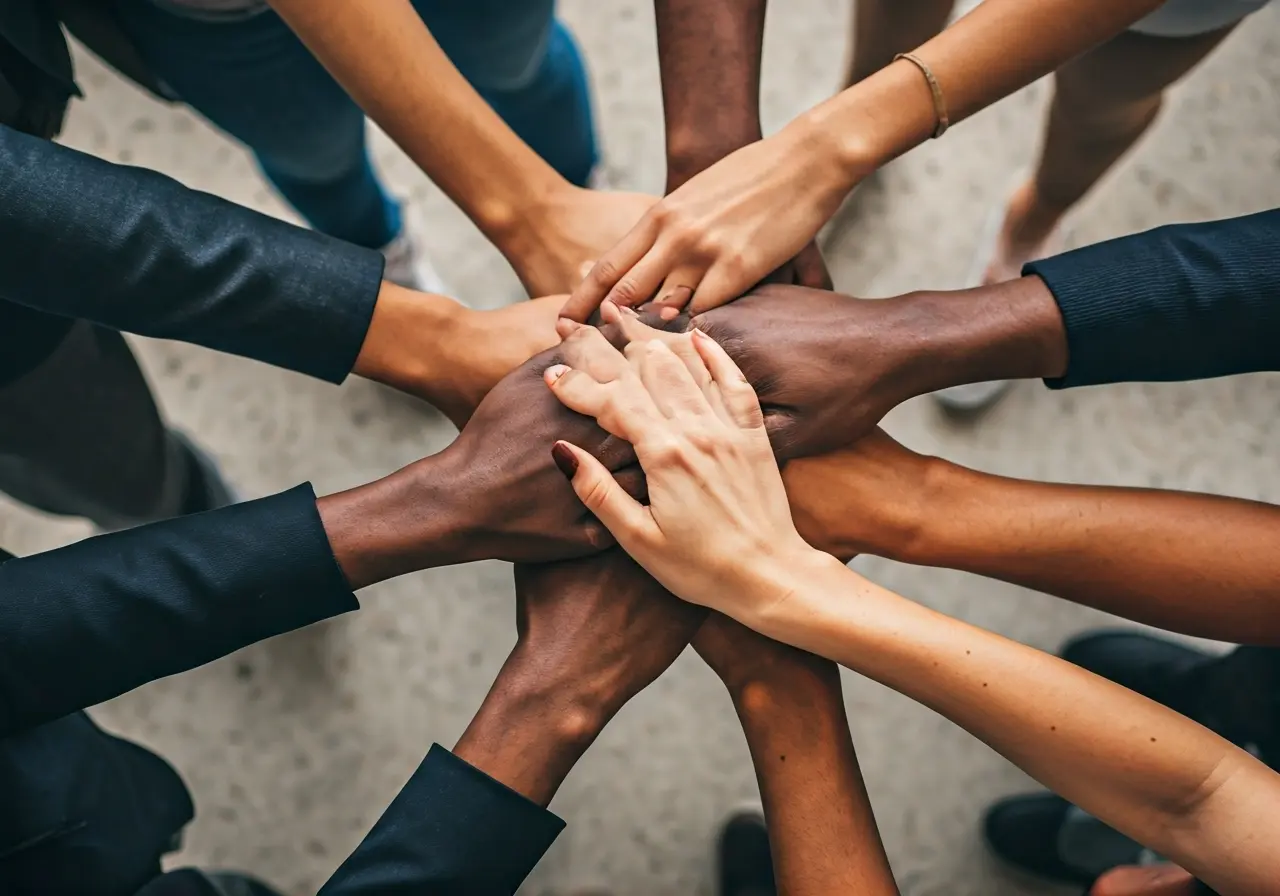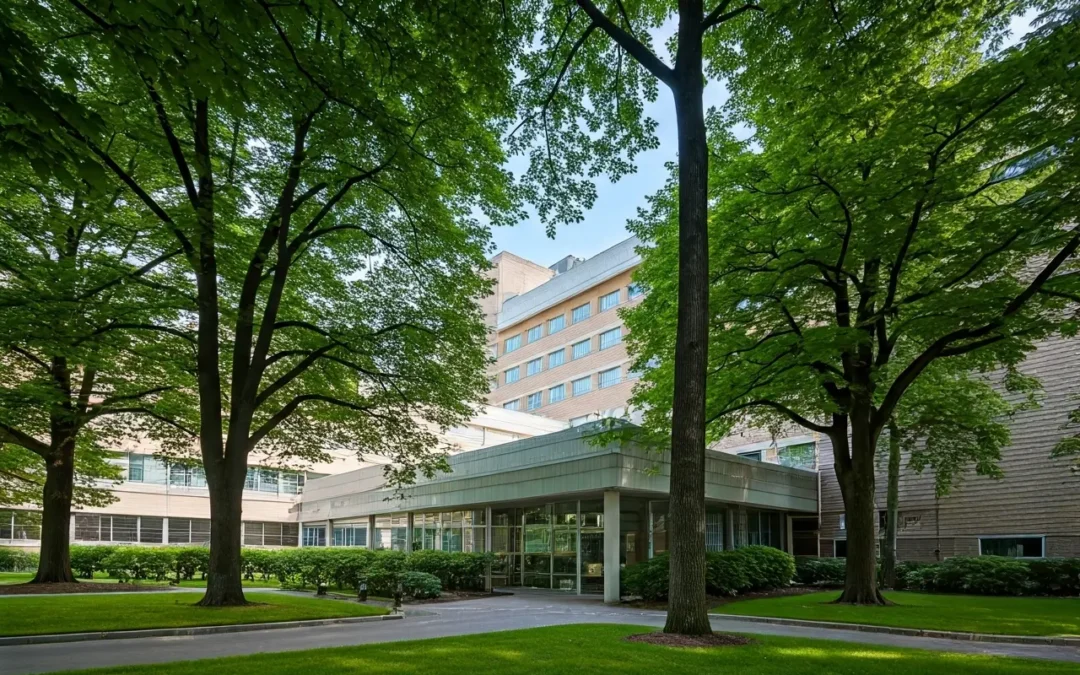Recovering from prescription drug addiction is a journey that benefits greatly from a strong, supportive network. Whether you’re just starting or have been on this path for some time, having a group of understanding individuals can be a game-changer. In this blog, we’ll explore how to build such a network, where to find support, and why it’s crucial for your recovery.
Table of Contents
Understanding the Importance of Support in Recovery
Support plays a pivotal role in prescription drug recovery. It not only provides emotional backing but also helps in maintaining motivation and accountability. Understanding this importance is the first step towards embracing a network that aids your recovery journey.
One of the most significant impacts of a supportive network is the sense of belonging it can create. Many individuals facing addiction feel isolated, which can exacerbate their conditions. When surrounded by those who genuinely care and understand the complexities involved, it becomes easier to open up and discuss personal challenges. Such exchanges can be incredibly empowering, reinforcing the notion that recovery isn’t a solitary path but a collaborative effort. Furthermore, having a network means having people who can celebrate small victories with you, no matter how trivial they may seem. These shared celebrations can significantly boost morale and serve as a reminder of the progress being made.
Identifying Your Support Network
A supportive network can include family, friends, support groups, and healthcare professionals. Identifying who plays what role in your network is crucial for tailored support, ensuring you have the right people to turn to when the journey becomes challenging.
Not everyone in your life will play the same role in your recovery. It’s essential to understand the essence of each relationship and how it can contribute to your well-being. Family members might offer unconditional love and support, yet they might not fully grasp the intricacies of addiction. Friends who have witnessed your struggles might be more empathetic and provide day-to-day companionship. On the other hand, support groups can introduce you to individuals who are experiencing similar struggles, offering first-hand insights and strategies for overcoming specific challenges. Involving healthcare professionals ensures you are also getting expert advice, keeping a balanced and informed approach towards your recovery.
In determining the roles within your support network, it’s helpful to have an open conversation with those involved. Clear communication ensures that everyone is aware of their contributions and limitations, fostering a mutually respectful environment. Every member of your support system brings unique strengths. While one friend might be great at providing emotional support, another could be the voice of reason during turbulent times. Identifying these strengths is vital to maximizing your network’s effectiveness.
Engaging with Support Groups
Support groups offer a safe space to share experiences, challenges, and victories. Engaging with such groups can provide empathy and understanding from those who are on similar paths, making it easier to cope with the difficulties of recovery.
Many communities have local support groups specifically for prescription drug recovery. Within these groups, you can find solace in the shared stories and experiences that often mirror your own. This shared understanding can be incredibly validating and comforting. Witnessing others who are on the same journey and seeing their progress can inspire hope and determination. Additionally, hearing different coping strategies and recovery techniques can introduce new ideas you might not have considered. Within these groups, you can establish connections that go beyond weekly meetings, possibly leading to lifelong friendships.
Digital platforms also provide an opportunity to connect with support groups, especially if local options are limited. Online forums and social media groups allow for 24⁄7 interaction, which can be beneficial during critical moments of vulnerability. Furthermore, engaging with virtual recovery communities helps in building a global perspective, which may introduce diverse recovery techniques and support practices.
Building Communication with Family and Friends
Open and honest communication with family and friends is vital. Educating them about your recovery process can foster a more supportive and understanding environment. Encouraging them to learn about addiction and recovery can also help in offering the right kind of support.
It’s crucial to set boundaries and express your needs clearly. Letting them know what kind of support you’re looking for can help prevent misunderstandings. Be open about the language and actions that you find encouraging or discouraging, and don’t hesitate to share educational resources on addiction that can offer them a better grasp of your situation. Often, family and friends might have preconceptions about addiction that professional explanations can clarify so they can better support you in meaningful ways.
Consider having regular family discussions, where you talk about the progress and hurdles being faced. In these dialogues, encourage mutual sharing, as understanding their perceptions and emotions can enhance empathy on both sides. Remember that they are part of this journey as well, and their involvement is crucial for fostering a positive recovery environment.
Finding Professional Help
Part of your support network should include professionals like therapists and counselors who specialize in addiction recovery. They can provide valuable guidance and strategies to help navigate the complex emotions and situations that arise during recovery.
In choosing professionals, it’s important to find those who resonate with your personal needs and recovery goals. Different professionals might have varying philosophies and approaches towards therapy; hence, a personal connection and understanding of their methodology can profoundly impact the effectiveness of the sessions. Additionally, attending therapy regularly even when you’re feeling stable is crucial, as it can prevent potential relapses by continuously reinforcing positive coping mechanisms.
Fostering a Positive Environment
Surrounding yourself with positivity is key. Creating a supportive and healthy environment at home and in your wider community can bolster your recovery efforts, providing a consistent foundation of encouragement and inspiration.
This involves not only fostering positive relationships but also engaging in activities that cultivate joy and mindfulness. Develop a routine that includes elements that keep you grounded, such as meditation, exercise, or hobbies that foster creativity and joy. Ensuring your physical surroundings reflect a sense of calm and order can also enhance mental well-being. Simple changes like decluttering your space or adding plants can significantly impact your mood and create a peaceful home environment that’s conducive to recovery.
The Power of a Strong Support Network in Recovery
Building a supportive network is an essential step in prescription drug recovery. It offers a sense of community, provides encouragement, and helps keep you accountable. Remember, you are not alone on this journey. Surround yourself with positive influences, seek professional help when needed, and approach this process one day at a time.











